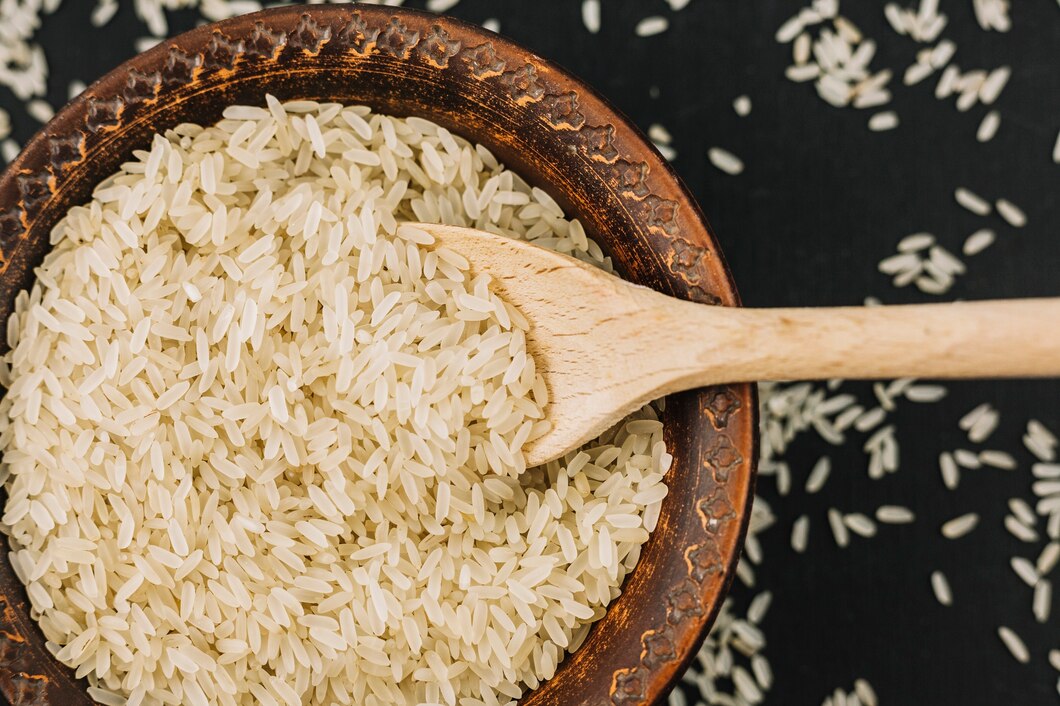Storing food correctly is essential for maintaining its safety and nutritional value. Improper storage can lead to the growth of harmful bacteria, toxins, and other hazards that can turn everyday foods into dangerous health risks. Here are 10 foods that can become poisonous if not stored properly.
1. Potatoes
Potatoes are a staple in many households, but improper storage can cause them to develop toxic compounds. When potatoes are stored in warm, damp, or light conditions, they can start to sprout and turn green. The green color indicates the presence of solanine, a natural toxin that can cause nausea, headaches, and neurological issues if ingested in large amounts. To avoid this, store potatoes in a cool, dark, and dry place, away from direct sunlight.
2. Rice
Cooked rice is a common food, but it can become a breeding ground for bacteria if not stored correctly. Bacillus cereus, a bacterium that can survive cooking, thrives in cooked rice left at room temperature. If rice is not refrigerated within two hours of cooking, it can produce toxins that cause food poisoning. Always store leftover rice in the refrigerator and consume it within a few days.
3. Leafy Greens
Leafy greens like spinach, lettuce, and kale are packed with nutrients, but they are also prone to contamination if not stored properly. Improper handling and storage can lead to the growth of harmful bacteria such as E. coli and Salmonella. To minimize risk, wash greens thoroughly, store them in the refrigerator, and consume them within a few days.
4. Eggs
Eggs are another common food that can become hazardous if not stored correctly. If eggs are kept at room temperature or in fluctuating temperatures, they can develop salmonella bacteria, which can cause severe food poisoning. Always store eggs in the refrigerator and avoid leaving them out for extended periods.
5. Chicken
Raw chicken is highly susceptible to bacterial contamination, particularly from Campylobacter and Salmonella. If not stored properly, these bacteria can multiply quickly and lead to severe foodborne illnesses. Store raw chicken in the coldest part of your refrigerator and use it within one to two days. Additionally, keep raw chicken separate from other foods to prevent cross-contamination.
6. Seafood
Seafood, including fish and shellfish, is extremely perishable and can become toxic if not stored properly. When left at room temperature or not adequately refrigerated, seafood can develop harmful bacteria like Vibrio and histamine. Always store seafood on ice or in the coldest part of the refrigerator and use it within one to two days.
7. Garlic in Oil
Garlic preserved in oil is a popular ingredient in many kitchens, but it can be dangerous if not stored correctly. The combination of garlic and oil creates an anaerobic (oxygen-free) environment that can promote the growth of Clostridium botulinum, the bacteria that causes botulism. This toxin can lead to severe illness or even death. To prevent this, store garlic in oil in the refrigerator and use it within a week.
8. Cooked Beans
Beans are a nutritious food, but they can become toxic if not stored properly. If cooked beans are left out at room temperature for too long, they can develop harmful bacteria like Bacillus cereus. This can lead to food poisoning, with symptoms such as nausea, vomiting, and diarrhea. To avoid this, refrigerate cooked beans within two hours of cooking and consume them within a few days.
9. Soft Cheeses
Soft cheeses like brie, camembert, and feta are more susceptible to bacterial contamination than hard cheeses. If not stored properly, these cheeses can develop Listeria monocytogenes, a bacterium that can cause severe food poisoning, especially in pregnant women, the elderly, and those with weakened immune systems. Store soft cheeses in the refrigerator and consume them by their expiration date.
10. Canned Foods
Canned foods are generally safe, but improper storage can lead to the growth of Clostridium botulinum bacteria. This can happen if cans are stored in warm, damp environments or if they are damaged, allowing bacteria to enter. Always store canned foods in a cool, dry place and inspect cans for dents, rust, or swelling before use. If a can looks suspicious, it’s best to discard it.
Proper storage of food is crucial to prevent the growth of harmful bacteria and toxins. By following safe storage practices, you can ensure that these common foods remain nutritious and safe to eat. Always be mindful of temperature, humidity, and expiration dates to protect yourself and your family from foodborne illnesses.








